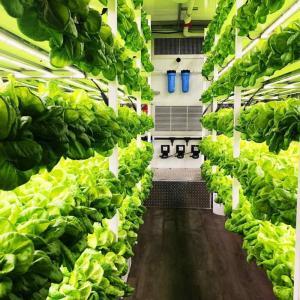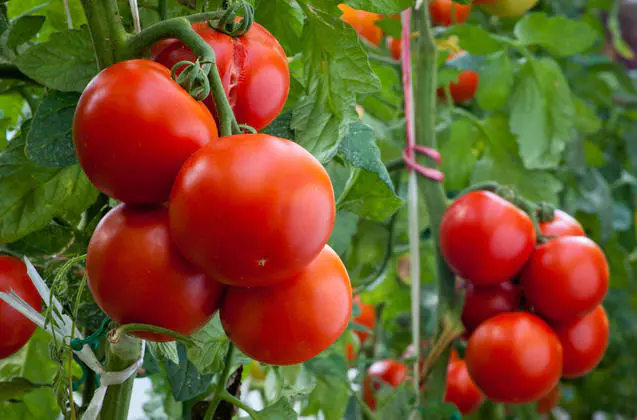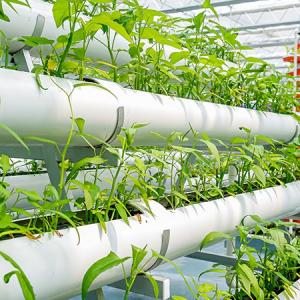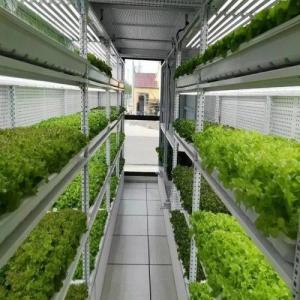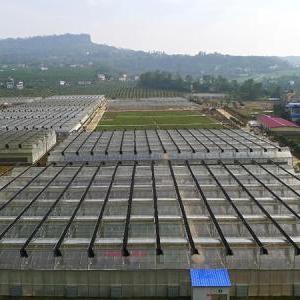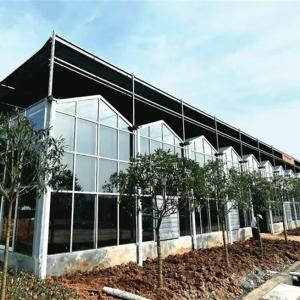The Advantages of Using Hydroponics in Container Greenhouse Vegetable Gardens
Whether you’re starting your first garden or bringing a traditional greenhouse to life, there are many advantages of using hydroponics. This type of crop system makes use of a nutrient-rich water solution that does not require soil. It’s a low-cost, efficient method of growing plants. It can save the water required by traditional farming methods.
Hydroponics Container Greenhouse is Easy to Maintain
Gardening offers a sense of wholesomeness, creativity and even hope. Whether you’re raising seedlings from seeds or purchasing plants at the local greenhouse, it requires a lot of work and care.
Hydroponics, however, takes the soil out of the growing equation. This means less space and a reduction in water usage. Furthermore, the practice of hydroponics yields a greater diversity of flora within a smaller area when compared to conventional agriculture. Another benefit is the ease of maintenance which hydroponics provides. You can adjust the temperature, lighting, and nutrient levels to suit your plants.
The most common hydroponic system is the nutrient film technique (NFT). This method uses a non-porous growing medium that is tucked into the nutrient solution. An absorbent material such as cotton is tucked into the growing medium on one end, which enables the roots to access the nutrients.
A second type of hydroponic system is the flood and drain method, which works by flooding the roots with a nutrient solution. This process can be done manually using a float or a pump.
Hydroponics presents a unique opportunity for farmers residing in underprivileged regions across the globe to cultivate crops devoid of the requirement for arable land. This possibility possesses the capability to ameliorate destitution and facilitate the attainment of wholesome and nourishing sustenance for those who lack the means to acquire these fundamentals through other channels.
Hydroponics Container Greenhouse is Faster
Hydroponic setups are an excellent method to cultivate an increased quantity of crops within a confined space. They are capable of nurturing an array of produce, encompassing fruits, vegetables, and herbs. Furthermore, hydroponic methods are swifter than their soil-based counterparts and permit year-round cultivation. These systems distribute a nutrient solution mixed with water to plants, offering an optimal amount of nourishment. An advantageous characteristic of hydroponics is that it necessitates a lesser amount of synthetic chemicals when juxtaposed with alternative forms of agriculture. The utilization of hydroponic systems presents a more secure and ecologically responsible alternative for crop cultivation since it eradicates a plethora of pests and diseases commonly found in soil-based agriculture. This results in advantages for both human health and the environment. Hydroponics doesn’t require a lot of land. This means that it can be used in places where land is scarce, which may help to restore some of the world’s natural resources.
The roots of the plants are directly nourished with water and nutrients. This is much more efficient than spreading out the roots in search of these nutrients.
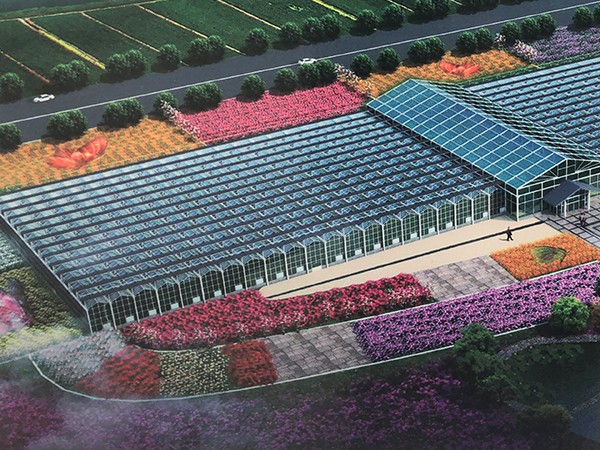
Hydroponics Container Greenhouse is Safer
When contrasted with soil-based agriculture, hydroponics is deemed to be a less hazardous means of cultivating crops. Hydroponic systems discard a substantial number of pests and diseases prevalent in conventional soil-based farms, which makes them a more enduring and ecologically responsible option.
Furthermore, it negates the necessity for pesticides and other noxious chemicals, thereby decreasing pollution and aiding the environment. Another benefit of utilizing hydroponics within a greenhouse is the ease of regulating and adjusting the circumstances under which your plants grow.
Hydroponics is also safer than soil because it eliminates the possibility of disease and chemical inputs entering your crops during the growing process. Avoiding this scenario could be challenging if one is not cautious, but it is a hazard that is unquestionably worthwhile to confront and prevent.
Hydroponics Container Greenhouse is More Efficient
Whether you’re growing a small garden or a huge greenhouse, there are benefits to be gained from using hydroponics in your vegetable gardens. These include the fact that it’s more efficient and environmentally friendly when compared to conventional soil-based gardening methods.
One of the most critical perks of hydroponics is that it employs a solution that is enriched with nutrients, surpassing the quantity offered by traditional soil-based agriculture. This drives a faster growth rate of plants and yields greater produce. This is because a closed system allows growers to control the nutrient concentration, which can be adjusted according to the plants’ needs at different stages of their development.
Apart from being more water-effective, hydroponics necessitates considerably less space in contrast to conventional soil-based farming. Hydroponics is more affordable to operate than traditional gardening methods. This is because it doesn’t require a large water reservoir, which can be expensive to maintain and can take up valuable space in a greenhouse.
Hydroponics Container Greenhouse Uses Less Water
One of the biggest advantages of hydroponics in container greenhouse vegetable gardens is water efficiency. Hydroponic systems use less water than traditional soil-based gardening. Water in hydroponic systems undergoes recirculation, signifying that it can be repeatedly utilized. Consequently, hydroponic cultivation emerges as an optimal selection for locales that possess inadequate water resources or for horticulturists desiring to preserve water.
